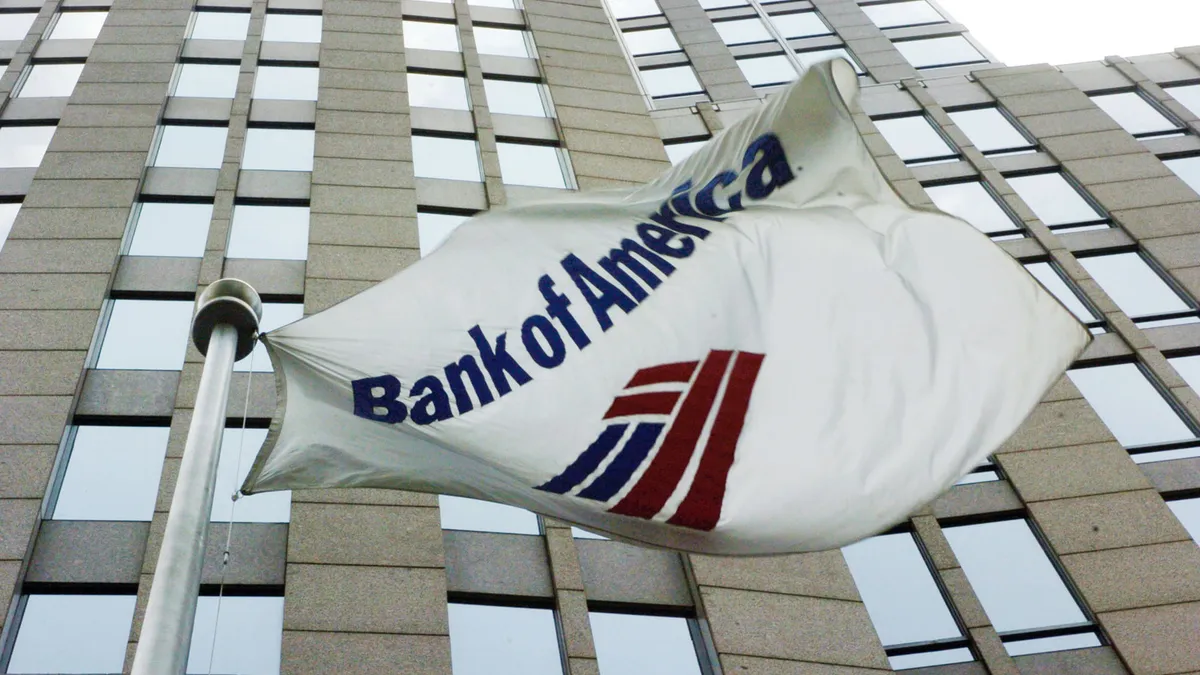It’s not 2008, and yet Merrill Lynch’s thundering herd is everywhere.
By the time the Securities and Exchange Commission announced Monday that it had penalized Merrill for charging clients more than $4 million in undisclosed foreign exchange fees, observers had seen the wealth brand — long since acquired by Bank of America — feature prominently in three sets of headlines over the span of five days.
Last Thursday, Citi announced it had hired away Merrill’s president, Andy Sieg, from BofA.
"Andy Sieg was very much the ever visible public face of Merrill, so his departure is a real shocker," Mark Elzweig, a recruiter, told American Banker.
The departure was such a surprise, Bank of America persuaded its private-wealth chief, Don Plaus, to delay a planned retirement that was set to start the next day.
The bank did not issue a press release to mark the move, but announced the reversal late Friday to 200 teams of private wealth advisers, American Banker reported.
Bank of America declined to comment to the publication, but a spokesperson indicated there was no updated timeline for Plaus’ retirement.
When first announced, Plaus’ departure triggered a succession in February that put Lindsay Hans in line to lead private wealth. But with Sieg leaving, Bank of America named Hans one of two co-presidents of Merrill Wealth Management — leaving Plaus’ former role open.
Meanwhile, Merrill agreed to pay more than $9.5 million to settle the SEC’s charges that the company, between 2016 and 2020, failed to disclose to clients all of the fees associated with foreign currency exchanges.
Merrill noted in client agreements and brochures that it charged a markup or markdown on foreign currency exchanges, but didn’t disclose an additional fee it called a production credit, the SEC asserted.
“Investment advisers must ensure that they do not selectively disclose some fees but not others relating to a particular service,” Antonia Apps, director of the SEC’s New York regional office, said in a statement Monday.
The production credits were equal to or greater than the disclosed foreign currency exchange fee in more than 80% of applicable transactions, the SEC said.
Merrill Lynch paid a percentage of the production credits to its financial advisers and referred to the charge in internal documents as a commission, the agency said.












